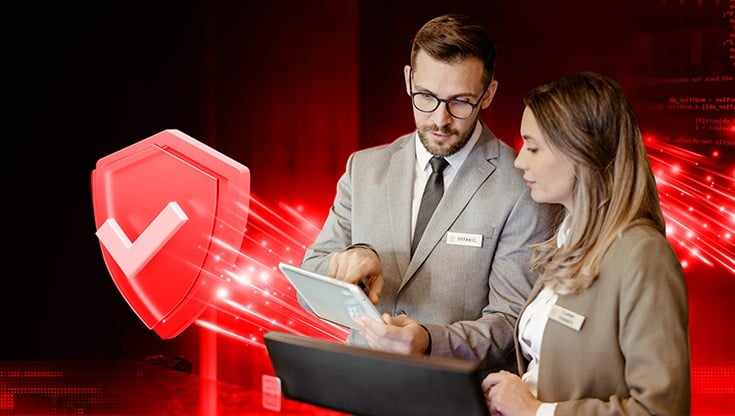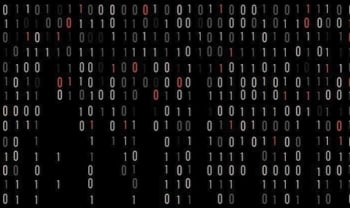Tips to protect hotels from cyberattacks

In today’s digital age, the hospitality industry faces unique cybersecurity challenges that can significantly impact both guest experience and business operations. With the increasing reliance on technology for reservations, payments, and guest services, hotels, restaurants, and other establishments must prioritize robust cybersecurity measures. Here’s a closer look at the importance of cybersecurity in hospitality and strategies to enhance protection.
The feared data breaches that leave many customers' confidential data exposed, ransomware capable of blocking hotel systems, phishing with malicious document attachments or connections to vulnerable Wi-Fi networks are some of the most common threats at a particularly sensitive time of the year for hospitality.
To protect against these threats, hospitality businesses should adopt a multi-layered cybersecurity strategy. WatchGuard is here to provide the layered protection your customers need against the most advanced types of malware and deliver it in a simple-to-maintain way.
Ten cybersecurity tips for the Cybersecurity Awareness Month:
1.Secure Guest Information
- Encrypt sensitive guest data, including personal information and payment details.
- Limit access to guest information to only those employees who need it.
2. Implement Strong Access Controls
- Use role-based access controls to manage employee permissions.
- Require multi-factor authentication (MFA) for accessing sensitive systems.
3. Regular Staff Training
- Conduct ongoing cybersecurity training for staff, focusing on phishing awareness and safe handling of guest data.
- Create a culture of security where employees feel empowered to report suspicious activities.
4. Update Software Regularly
- Keep all operating systems, applications, and firmware updated to protect against vulnerabilities.
- Regularly patch any software used for reservations, payments, and other operations.
5. Secure Wi-Fi Networks
- Use strong encryption (WPA3 if possible) for guest and internal Wi-Fi networks.
- Isolate guest Wi-Fi from internal networks to prevent unauthorized access to sensitive systems.
6. Monitor Payment Systems
- Ensure that payment processing systems comply with PCI DSS standards.
- Regularly review transaction logs for any signs of suspicious activity.
7. Conduct Regular Security Audits
- Perform regular vulnerability assessments and penetration testing to identify weaknesses.
- Engage third-party experts to provide an objective review of your security posture.
8. Backup Data Regularly
- Schedule regular backups of critical systems and data, ensuring they are stored securely offsite.
- Test recovery procedures to ensure quick restoration in case of an incident.
9. Monitor for Insider Threats
- Implement monitoring systems to detect unusual activity from employees.
- Regularly review user access and revoke permissions for employees who no longer need them.
10. Secure Third-Party Vendors
- Assess the cybersecurity practices of third-party vendors that access your systems or handle guest data.
- Include security requirements in vendor contracts to ensure they meet your standards.
By following these tips, hospitality businesses can create a more secure environment for their guests and protect themselves from cyber threats. And don’t forget to subscribe to the blog now for the latest industry news, insights and more!


